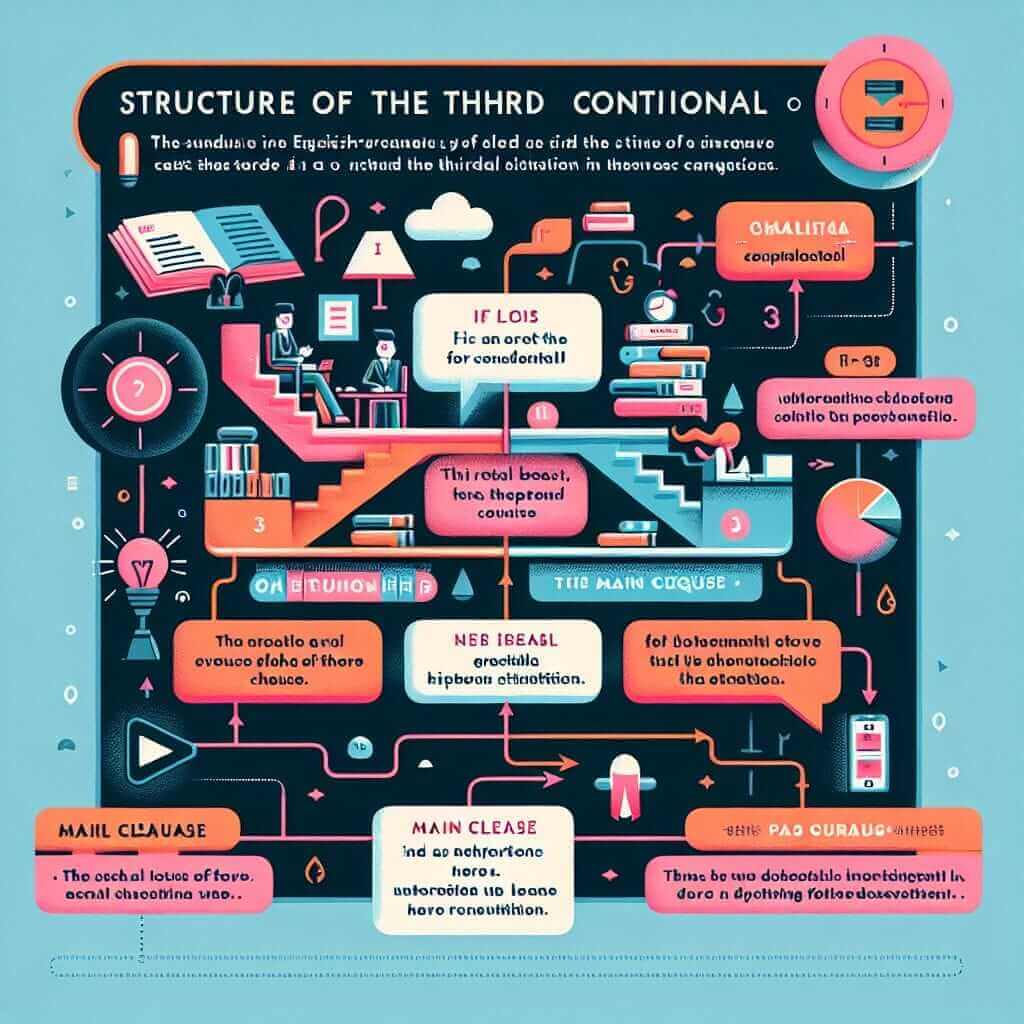The IELTS exam often requires you to demonstrate a sophisticated grasp of English grammar, and the third conditional is no exception. This structure, exemplified by the phrase “Had I known, I would have called,” is frequently used to express regret or speculate about past events. Mastering it can significantly enhance your performance in various sections of the IELTS.
Let’s consider some examples of how the third conditional might appear in different IELTS sections:
Speaking (Part 2): Describe a time you were late for an important event.
“Had I known the traffic would be so bad, I would have left earlier. I felt terrible for holding everyone up.”
Writing (Task 2): Some people believe that learning from past mistakes is essential for personal growth. Discuss.
“Undoubtedly, reflecting on our past errors is crucial for development. Had we not encountered failures, we might not have learned valuable lessons that shaped our present selves.”
Listening (Section 3): Two students discussing a missed deadline.
“If I had known the deadline was today, I would have finished the assignment.”
In each of these examples, the third conditional vividly illustrates a hypothetical past situation and its imagined consequence. Now, let’s delve deeper into its mechanics and applications.
Understanding the Third Conditional
This grammatical structure allows us to discuss unrealized past possibilities, often tinged with regret or contemplation. It paints a picture of what “could have been” if something in the past had unfolded differently.
Formula and Application
The third conditional follows a specific formula:
If + Past Perfect, would have + Past Participle
or
Had + Subject + Past Participle, Subject + would have + Past Participle
Let’s break it down:
- If Clause: This part introduces the unrealized past condition, employing the past perfect tense (had + past participle). It sets the stage for a hypothetical scenario that did not transpire.
- Main Clause: This section describes the imagined consequence of the unrealized condition. It utilizes “would have” followed by the past participle of the main verb.
Examples:
- If I had studied harder, I would have passed the exam. (Implies the speaker didn’t study hard and therefore failed)
- Had she known about the concert, she would have bought tickets. (Indicates she was unaware and missed the opportunity)

Usage in IELTS
- Speaking: Employ the third conditional to articulate regrets, missed opportunities, or hypothetical situations in the past. It showcases your ability to express complex thoughts and emotions.
- Writing (Task 1 & 2): This structure is effective for presenting contrasting ideas or illustrating the potential impact of different choices in the past.
- Listening: Be prepared to identify and comprehend the third conditional when speakers discuss past events and possibilities.
Mastering the Third Conditional for a Higher Band Score
Here are some tips to utilize this structure effectively:
- Vary your vocabulary: Instead of repeatedly using “would have,” consider alternatives like “could have,” “might have,” or “may have” to express different degrees of certainty.
- Combine with other structures: Blend the third conditional with other grammatical elements, such as modal verbs or relative clauses, to showcase your range of grammar.
- Practice makes perfect: Familiarize yourself with the structure by creating your own examples relevant to common IELTS themes.
Common Mistakes and How to Avoid Them
- Incorrect tense sequence: Ensure the “if clause” uses the past perfect and the main clause uses “would have” + past participle.
- Word order in inverted structures: Remember the correct word order (“Had I known…”) when inverting the subject and auxiliary verb.
- Overuse: While impactful, using the third conditional excessively can make your language sound repetitive. Use it judiciously.
Conclusion
Mastering the third conditional is a significant step towards achieving a higher band score in your IELTS exam. By understanding its structure, nuances, and applications, you can communicate your ideas with greater clarity, precision, and sophistication. Remember to practice consistently and pay close attention to the tense sequences to avoid common pitfalls.